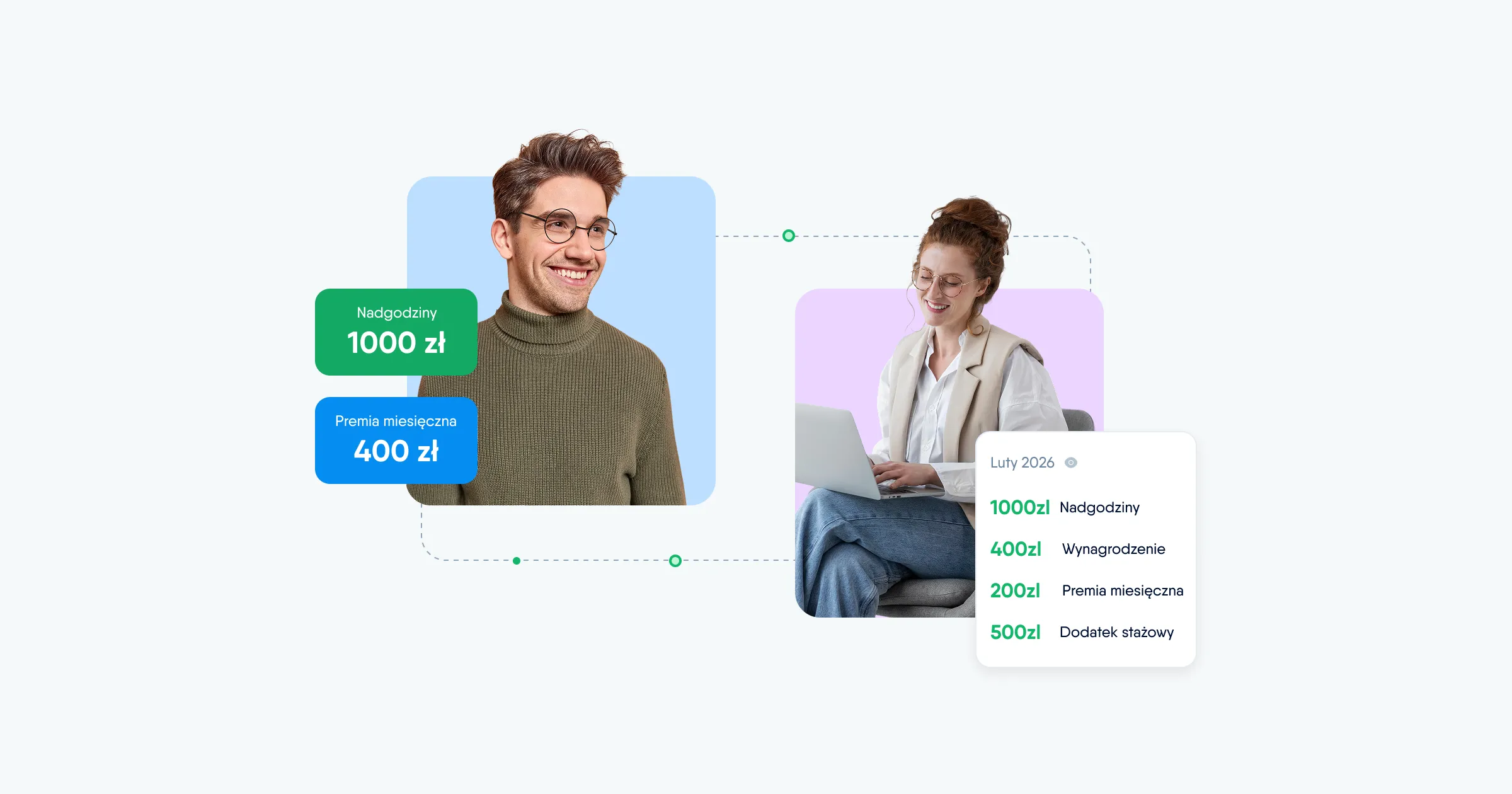Human resource information system (HRIS)
What is a human resource information system (HRIS)?
What is a human resource information system?
A human resource information system (HRIS) is a corporate structure designed for staff management. It allows the user to properly manage company talent, and create, add and centralize data about employees. By doing so, an HRIS system consolidates information about the company's staff and facilitates the execution of related processes.
What processes is an HRIS responsible for?
- Making contacts and adding information about candidates
- Simplifying the hiring process by creating meetings with candidates
- Preserving information about employees
- Creating a database of employees and applicants
- Creating a knowledge base for staff
- Registering the status of employees in the company, their current and previous positions, salary history, etc
- Automating document processing
- Setting up automated reporting and process analytics
- Ensuring data protection and recognition
What are the benefits of HRIS?
There are several key benefits to using HRIS at your company, starting with the ability of an HRIS system to gather large amounts of data about your company and its employees, and then process it to create actionable insights. This allows your company to become data-driven, making your company more efficient as a whole.
An HRIS system also improves your company’s efficiency by significantly reducing paperwork load, by automating routine tasks that would be highly time-consuming otherwise. This ensures that your HR department can focus on more important strategic matters, as well as relations with individual staff members.
Also, data security is a crucial issue for companies working with personal information and an HRIS ensures that sensitive info is stored safely and in accordance with data regulations (both local and international). This ensures that your company will be better able to adhere to a number of key compliance legislation requirements.
What key features should an HRIS include?
The HRIS tool you select for your company must be able to address all three of the aforementioned points, from data gathering to data security. What is more, any tool you select needs to be able to control and automate as many HR processes as possible. This needs to take into account not just the problems your team faces today, but also what issues may present themselves in the future, so customizability is important.
It’s also a good idea to ensure that the HRIS tool you choose is easily integrated with any other systems you might be running in your HR department. This is especially the case with financial tools and your choice should cover standard factors like salaries and bonuses, but also hour tracking, absences, etc, to watch for budgetary issues.
You should choose a system that can be used across several devices so that users can address problems quickly when they arise. The performance management metrics it offers should be varied, and customizable according to your company’s needs. Finally an HRIS must cover all stages of the recruitment process, from sourcing to onboarding.
Why should your team use an HRIS on a daily basis?
Significantly reduced time spent on routine tasks
Better communication across your team
Greater oversight over all staff goals and responsibilities
Improved access to important data and information
Customizable interaction with employees and potential hires
If these key points and others outlined above sound appealing then contact us today to learn more about how utilizing an HRIS tool will provide significant benefit to your company. Send us an email and one of our highly skilled experts will be able to help you out immediately.

